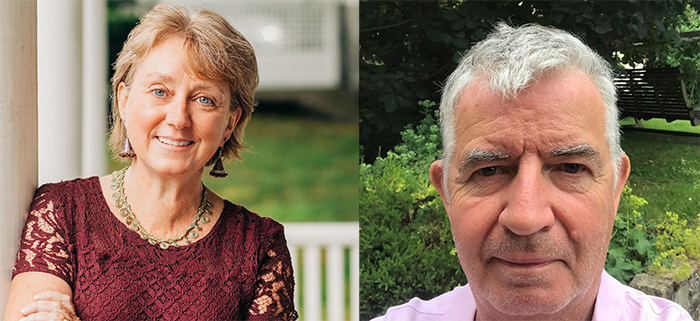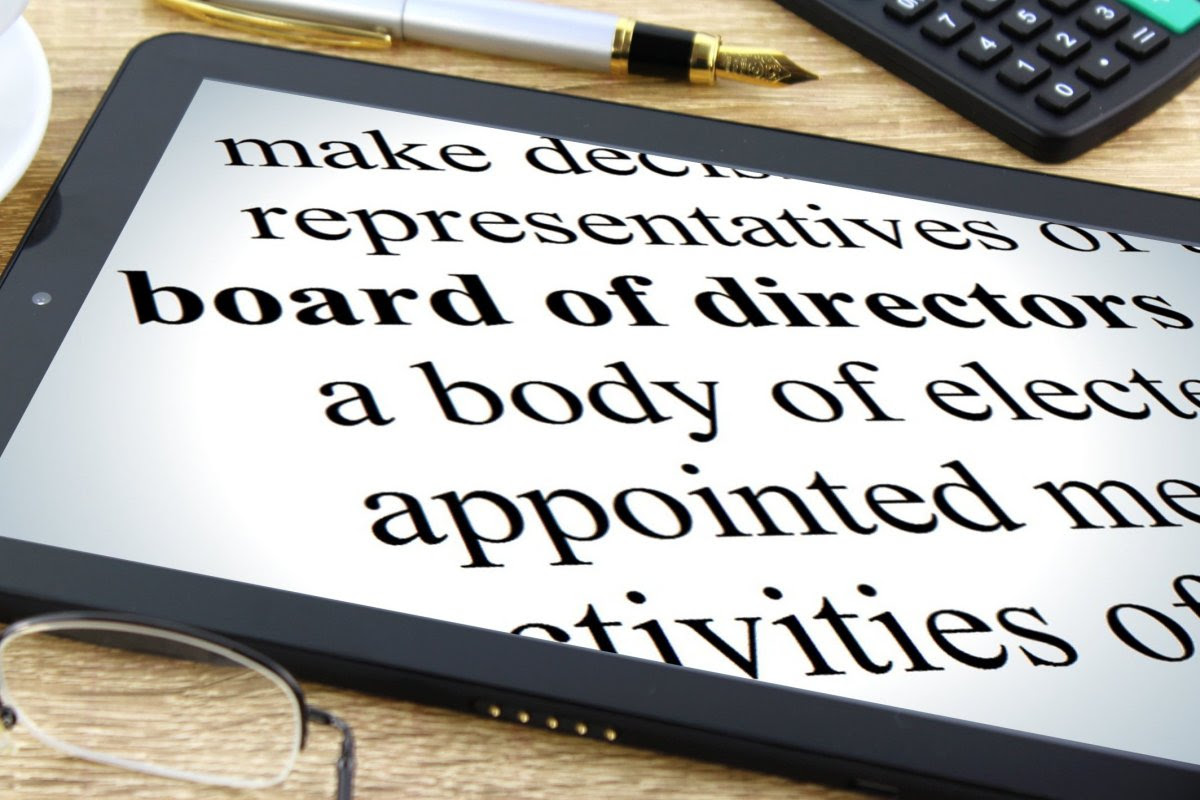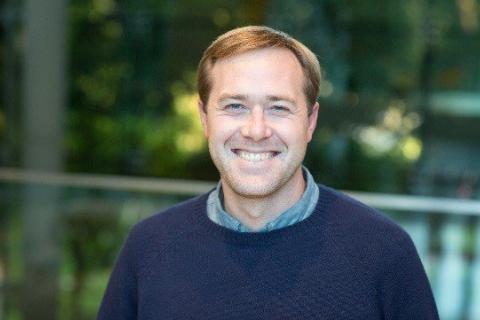Land Portal Welcomes Dr. Cynthia Caron and Dr. Richard Baldwin to Board of Directors,
Bids Farewell to Chair Timothy Fella and Dr. Ritu Verma
The Land Portal Foundation is pleased to welcome Dr. Cynthia Caron and Dr. Richard Baldwin to our Board of Directors for a three-year term. We thank our departing board members, chair Timothy Fella and Dr. Ritu Verma, for their longstanding commitment to and support of the Land Portal. They helped guide the Land Portal through major growth and transition during the last six years, and their counsel has been invaluable in shaping our work. Dr. Elizabeth Daley, current secretary, will assume the chairship of the board.
Read more below to learn about Cynthia and Richard and read Tim's parting thoughts on the Land Portal. (Ritu's forthcoming.)

Cynthia is Associate Professor of International Development, Community and Environment at Clark University, United States. Her research focuses on gender and agricultural labor, the gendered nature of land and natural resource access, and land tenure in the context of resettlement planning. She is also a practitioner who regularly undertakes projects, such as working with IOM on women's land rights programming in South Sudan in 2021.
Richard is a land administration specialist with almost three decades of experience working in Europe, the Middle East, Africa, Asia and the Caribbean. He has worked with many international development partners in more than 30 countries worldwide. Recently, Richard’s work has focussed on sustainable financing for land registration, land administration and linkages of land markets with land governance. He is a Visiting Professor at University of the West of England in Bristol.
“Cynthia and Richard bring critical academic and practitioner experiences in the land sector. We are fortunate to have their cutting-edge, cross-cutting perspectives and guidance as we implement our strategy to improve the land data and information ecosystem,” said Laura Meggiolaro, executive director of the Land Portal.
What do you look forward to as a board member for the Land Portal?
Richard: Over the last 10-12 years, the Land Portal has established itself as the “go to” place for land related information providing a truly international platform. It fosters an information ecosystem that is able to support evidence-based research and provide access to timely country and thematic-based data analysis and reporting. There is a huge international community drawing on Land Portal resources and its networking capability. I look forward to being part of that initiative and hopefully playing a small role in helping its further development, especially in bridging academia, practice and innovation.
I am just so impressed with the sheer breadth and volume of activities at the Land Portal. I like very much the way that open data is placed centre stage, opening up and facilitating access to resources that allow practitioners and academics to draw on these materials and both inform and support their own work. I also appreciate the diverse skills and experience of the group, it’s not just land sector professionals, but a wider team focussed on understanding information content, communications and fostering knowledge. The land sector itself has diverse needs, from those of forest ecosystems and indigenous peoples to rural and urban communities. Finding sustainable solutions that support livelihoods while protecting resources is surely one of our greatest challenges today. I think the Land Portal is trying to address that challenge.
Cynthia: I most look forward to becoming part of a community of practice and working with and learning from others who have a strong commitment to the large range of issues we confront in the land sector. In working with others, I hope to find ways to strengthen the vital services provided by, enhance the role of, and contribute to the sustainability of the Land Portal Foundation. Personally, I hope to work with new Land Portal partners and potentially colleges and universities.
There is tremendous potential for the Land Portal with respect to agenda setting and thought leadership when it comes to how land is situated in international development. Whether that be discussions about land valuation techniques that expand beyond economic/instrumentalist values to incorporate the nexus of land with health, well-being or place attachment, or thinking about land use vis-a-vis contemporary discussions about degrowth and decolonization, I was excited to hear how the Land Portal can catalyze conversations.
Photo by Sutee Pheera


